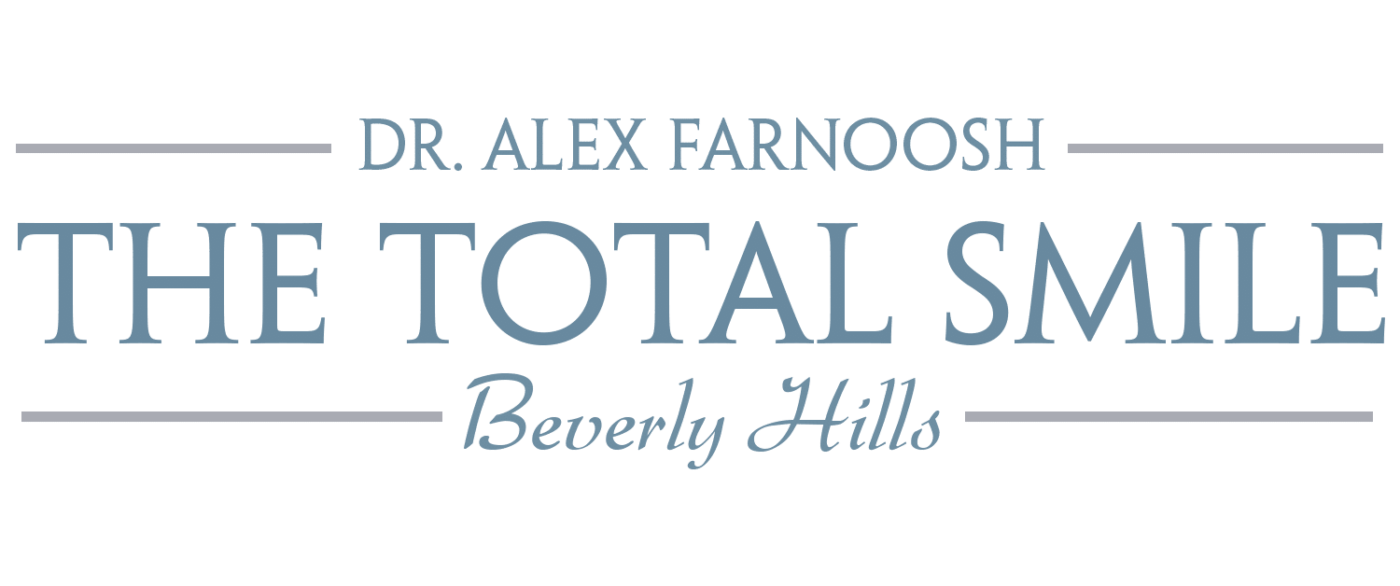A deteriorated jawbone can cause many problems ranging from cosmetic issues to functionality problems. Fortunately, there is an option to resolve these problems with a bone graft. Please keep reading to learn more.
If you want to sit with a skilled and dedicated dentist with the answers you are looking for, please call our office immediately. Schedule your complimentary consultation with Dr. Farnoosh today!
What Causes a Deteriorated Jawbone?
Every time you bite down on your teeth, your jawbone takes some of that pressure. That pressure keeps the jawbone stimulated and strong. However, when your teeth are missing, the jawbone is not receiving that pressure. That means the jawbone has nothing to stimulate growth, and your bone mass can start to disappear.
Having osteoporosis can also cause your jawbone to deteriorate. This condition makes bones all over your body weaker, including your jaw. Several pill medications can be used to treat osteoporosis, including Fosamax, Actonel, and Boniva.
Gum disease is another condition that can lead to jawbone deterioration. When gum disease gets out of control, you can lose teeth. As mentioned, when teeth are missing, the jawbone does not get the proper stimulation it needs to remain strong.
Issues a Deteriorated Jawbone Can Cause
From aesthetics to function, you can experience a great deal of issues associated with the loss of your jawbone density and mass. The following are a few of those problems.
Problems with Speech
When you lose bone mass in your jaw, you will likely start feeling the impact it has on your speech. Talking can become difficult when your jawbone is continuously deteriorating. This can be embarrassing, leaving you feeling insecure, and your confidence can take a hit.
Health Issues
When your jawbone has deteriorated, you can have unpleasant symptoms such as trouble eating, headaches, sinus issues, jaw pain, and face pain. If you have trouble eating, you are likely to suffer a domino effect. Trouble eating can lead to malnutrition which can have an impact on your overall health.
Shifting Facial Structure
Your face may begin to collapse when your jawbone starts to deteriorate. Picture the grandma with no teeth whose lips rest inside their mouth. Your chin can look pointed, your facial muscles can weaken, and your mouth can look sunken.
You may even notice that you have early wrinkling on your face and thinning lips. Essentially, you can end up looking much older than you are because of a deteriorated jawbone.
Bone Grafting to Fix a Deteriorated Jawbone
You have bone grafting as an option to treat jawbone deterioration. The procedure is relatively minor and can be even less painful if your bone graft is not coming from your own body.
Bone grafting can be done with your bone, synthetic bone, or allograft.
After the procedure, you will have a recovery period in which you will likely be given pain medication or suggested to use over-the-counter medicine. You will feel recovered after around two weeks. However, the bone graft may not completely heal until about three months after the procedure.
The risks of the procedure are minimal, but there is a chance that the bone graft will be rejected. In those cases, the graft would be removed, and you would have to wait to heal back up again before a second attempt.
Generally, the procedure is simple and offers excellent results with minimal risk.
Schedule Your Free Consultation Today
You can meet with our distinguished dentist right away to schedule your complimentary consultation. Get a full assessment and treatment plan at no charge. If you require a bone graft to fix your smile, we would love to help you. Give us a call today!
